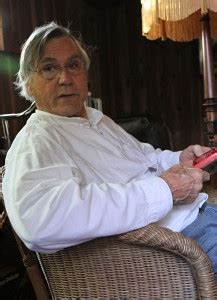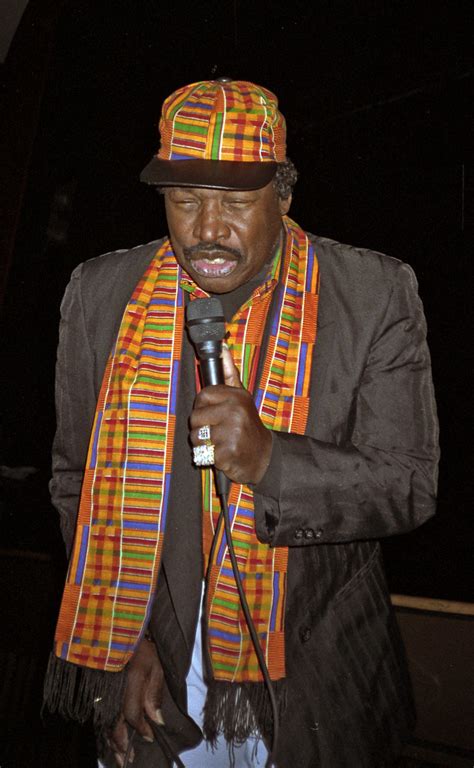A Quote by John Dewey
You can teach students to develop the ability to think reflectively, and you can help them understand what this means, but if they are not inclined to do so they never will.
Related Quotes
In my mind, the purpose of education is to enable human beings to develop to their full potential, intellectually and spiritually. That means that students have to be empowered to pursue self-knowledge and the skills that will help them be of service to their fellow human beings. Education should encourage people to develop their curiosity about life; above all, it should not trivialize either the students or their lives.
What it means to be human is to bring up your children in safety, educate them, keep them healthy, teach them how to care for themselves and others, allow them to develop in their own way among adults who are sane and responsibile, who know the value of the world and not its economic potential. It means art, it means time, it means all the invisibles never counted by the GDP and the census figures. It means knowing that life has an inside as well as an outside. And I think it means love.
I teach art at a famous art school, and yet I don't have really the least notion what post-modernism means, but we have people in the letters and science department that understand it quite well and the students go there if they want to understand what this term that is being bandied about is all about, but I've never understood it.
What I am going to tell you about is what we teach our physics students in the third or fourth year of graduate school... It is my task to convince you not to turn away because you don't understand it. You see my physics students don't understand it... That is because I don't understand it. Nobody does.
Indeed, the study of universities and the great men and women who have attended them leads me to think that the best of these schools are characterized not so much by what they teach and how they teach it but by the extent they provide opportunities and encouragement for students to teach themselves.
By believing that only some of our students will ever develop a love of books and reading, we ignore those who do not fall into books and reading on their own. We renege on our responsibility to teach students how to become self-actualized readers. We are selling our students short by believing that reading is a talent and that lifelong reading behaviors cannot be taught.
An alarming number of parents appear to have little confidence in their ability to "teach" their children. We should help parents understand the overriding importance of incidental teaching in the context of warm, consistent companionship. Such caring is usually the greatest teaching, especially if caring means sharing in the activites of the home.








































